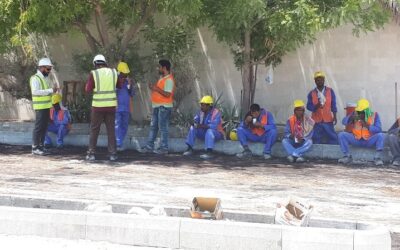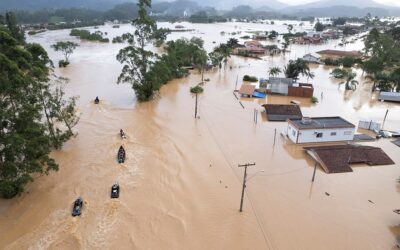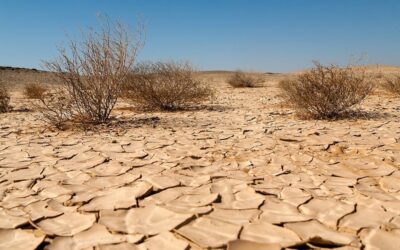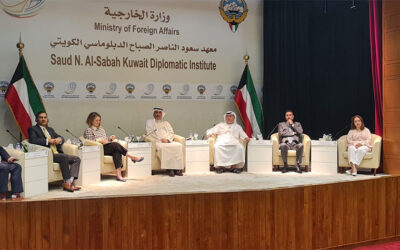
What to Expect from COP28: A Global Effort to Address Climate Change
As the 28th Conference of Parties (COP28) on Climate Change approaches in Dubai, there is a growing concern among climate stakeholders that this conference may follow the same pattern as previous COP gatherings. Many fear that COP28 will be yet another talkshop, with lengthy discussions and promises, but little meaningful action to address climate change. The question we must ask ourselves is whether the world can afford to let another opportunity slip by without taking decisive and effective action on climate change. Can we allow COP28 to become just another ineffectual gathering that fails to significantly reduce greenhouse gas emissions, decrease fossil fuel usage and production, and provide the necessary support for countries in the Global South to tackle climate consequences? Our apprehension about the upcoming talks stems from our experience attending and covering previous climate discussions, which, for the most part, have been unproductive gatherings despite the high-profile achievements claimed at their conclusion. Even the much-touted ‘Loss and Damage Fund,’ the key achievement of last year’s COP27, has failed to deliver on its promise. The Fund, established to assist developing countries in mitigating and adapting to climate change with funding from developed nations, was the result of persistent efforts and last-minute negotiations by Egypt’s COP27 Presidency and other stakeholders. However, despite these efforts and a year having passed, the Loss and Damage Fund has made little progress. More importantly, there has been a lack of significant financial contributions from the developed economies responsible for a substantial portion of past greenhouse gas emissions. Since the groundbreaking COP21 in France in 2015, where the Paris Climate Accords, an international treaty on climate change, were adopted, subsequent COP gatherings have primarily focused on achieving the main objectives of the Paris Agreement. These objectives include limiting the global average temperature increase to below 2ºC, with efforts to limit the rise to 1.5ºC above pre-industrial era levels, assisting countries in adapting to and building resilience against climate change, and mobilizing finance to support low greenhouse gas emissions and climate-resilient development in developing nations. Mitigating, adapting, and financing climate change will continue to be the central themes at COP28. However, there is hope that the Dubai conference will deviate from previous gatherings by shifting the momentum from mere discussions to an implementation phase that initiates processes aimed at achieving the key goals of the Paris Agreement. COP28 is also significant because it will mark the conclusion of the first-ever global stocktake (GST), a mechanism that allows countries and stakeholders to assess their progress, or lack thereof, in meeting the goals of the Paris Agreement. Negotiators at COP28 will also strive to find common ground on wording a framework for the global goal on adaptation (GGA) and address the operationalization of the Loss and Damage Fund. Other important issues that will be addressed across various negotiating streams include: The need for enhanced climate action plans from countries to align with the Paris Agreement goals, The role of technology in supporting climate mitigation and adaptation efforts, The importance of financial mechanisms to support developing countries in their climate change initiatives, The inclusion of indigenous peoples and local communities in decision-making processes, The promotion of gender equality and social justice in climate actions. As we approach COP28, it is crucial that we recognize the urgency of the climate crisis and the need for meaningful action. This conference presents an opportunity for global leaders, policymakers, and stakeholders to come together, transcend mere discussions, and drive concrete steps towards a sustainable future. Let us hope that COP28 will be a turning point in our collective efforts to combat climate change and safeguard the well-being of our planet for future generations.







